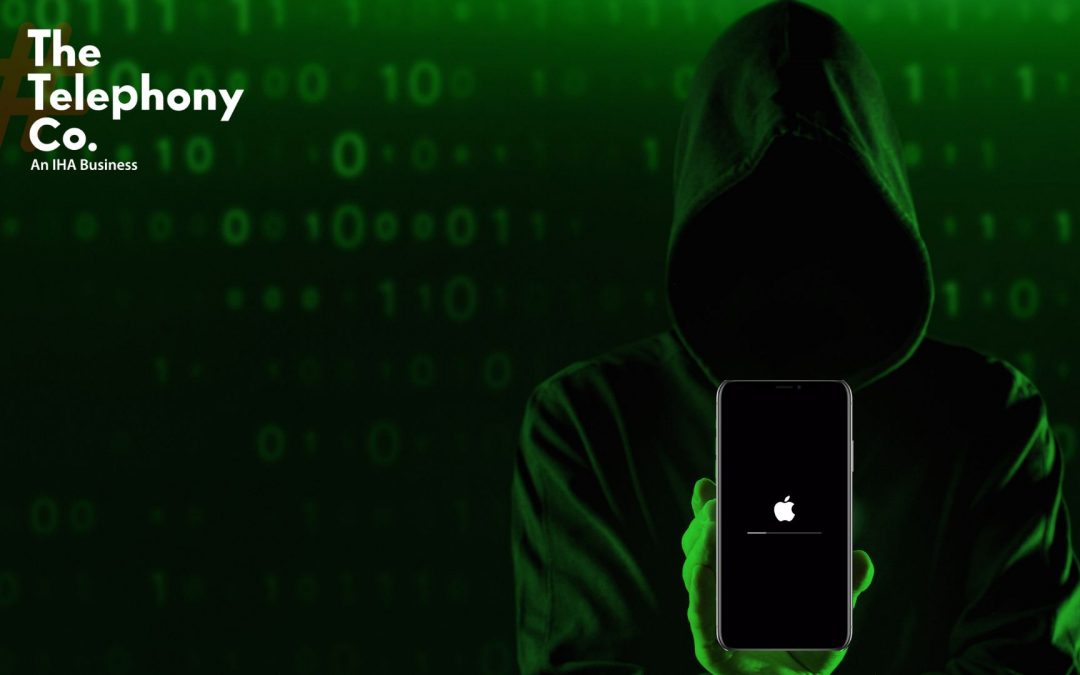Cybercriminals are launching a new phishing email attack aimed at users of Apple devices like iPhones, iPads, MacBooks, and more. The scam uses a convincing message, such as “Your Apple ID has been suspended” or “Apple ID is suspended,” to trick users into clicking malicious links.
With over 2 billion active Apple users worldwide, this phishing attempt has a vast pool of potential victims. The premium status of Apple products also makes their audience an attractive target for hackers.
Common Phishing Scams Affecting Apple Users
Apple device owners have reported various phishing tactics in the past, including emails claiming:
- “Your iCloud storage is nearly full,” paired with fake upgrade offers.
- “Unusual activity detected on your account,” prompting users to verify their credentials.
- “Your account has been hacked,” with urgent requests to secure your account.
These emails are designed to create panic, making users act quickly without verifying their authenticity.
How the Scam Works
Phishing emails often use sophisticated techniques, sometimes powered by artificial intelligence, to appear legitimate. The fraudulent emails:
- Include convincing language to seem genuine.
- Provide fake links to a website that steals your Apple ID credentials.
- Use methods to bypass two-factor authentication (2FA), making the attack more dangerous.
Key Warning Signs of a Phishing Email
Apple highlights these common red flags in phishing emails:
- Mentioning personal details to appear authentic.
- Pretending to help solve an urgent problem.
- Creating a sense of urgency to prevent you from thinking critically or contacting Apple.
- Requesting sensitive information, such as your Apple ID, password, or security codes.
How to Stay Safe
Apple will never ask you to:
- Log in through a website link.
- Enter your password, device passcode, or 2FA code via email.
- Accept two-factor authentication prompts from emails.
If you receive suspicious emails, don’t click on links. Instead, contact Apple directly through their official support channels. Protect yourself by staying alert and questioning emails that ask for personal information.


